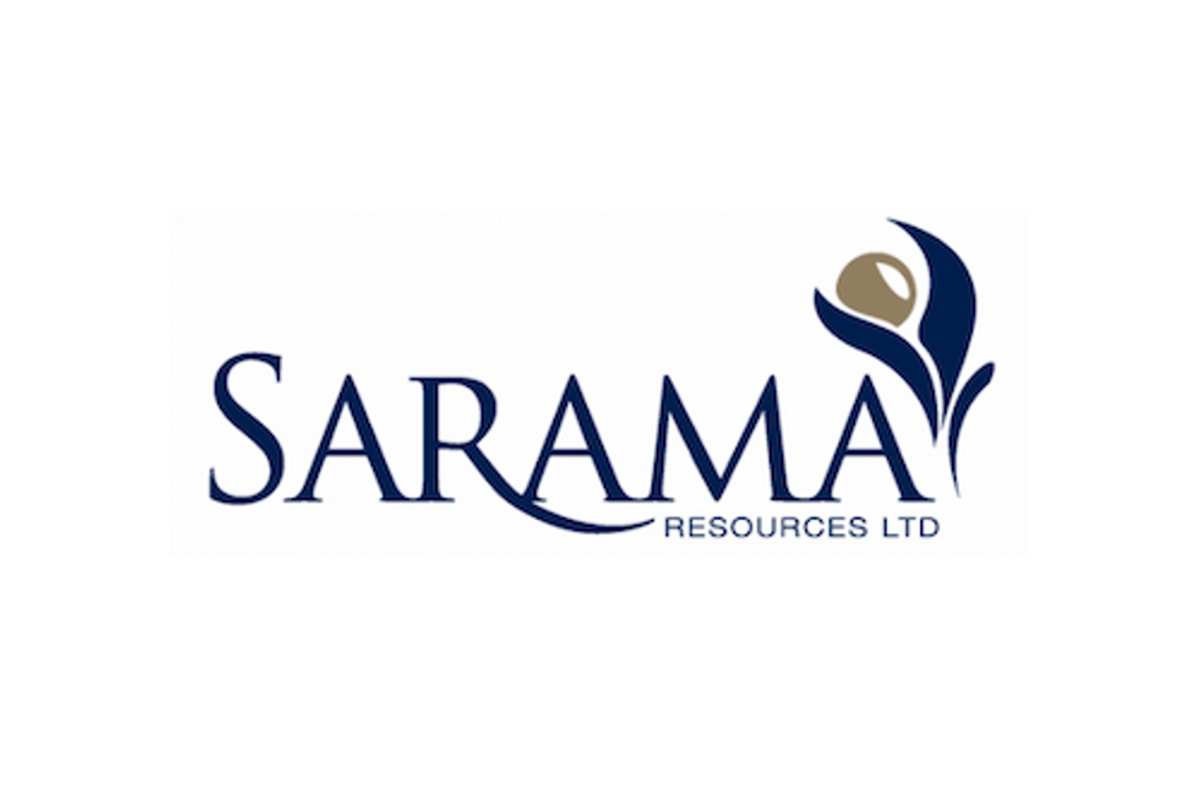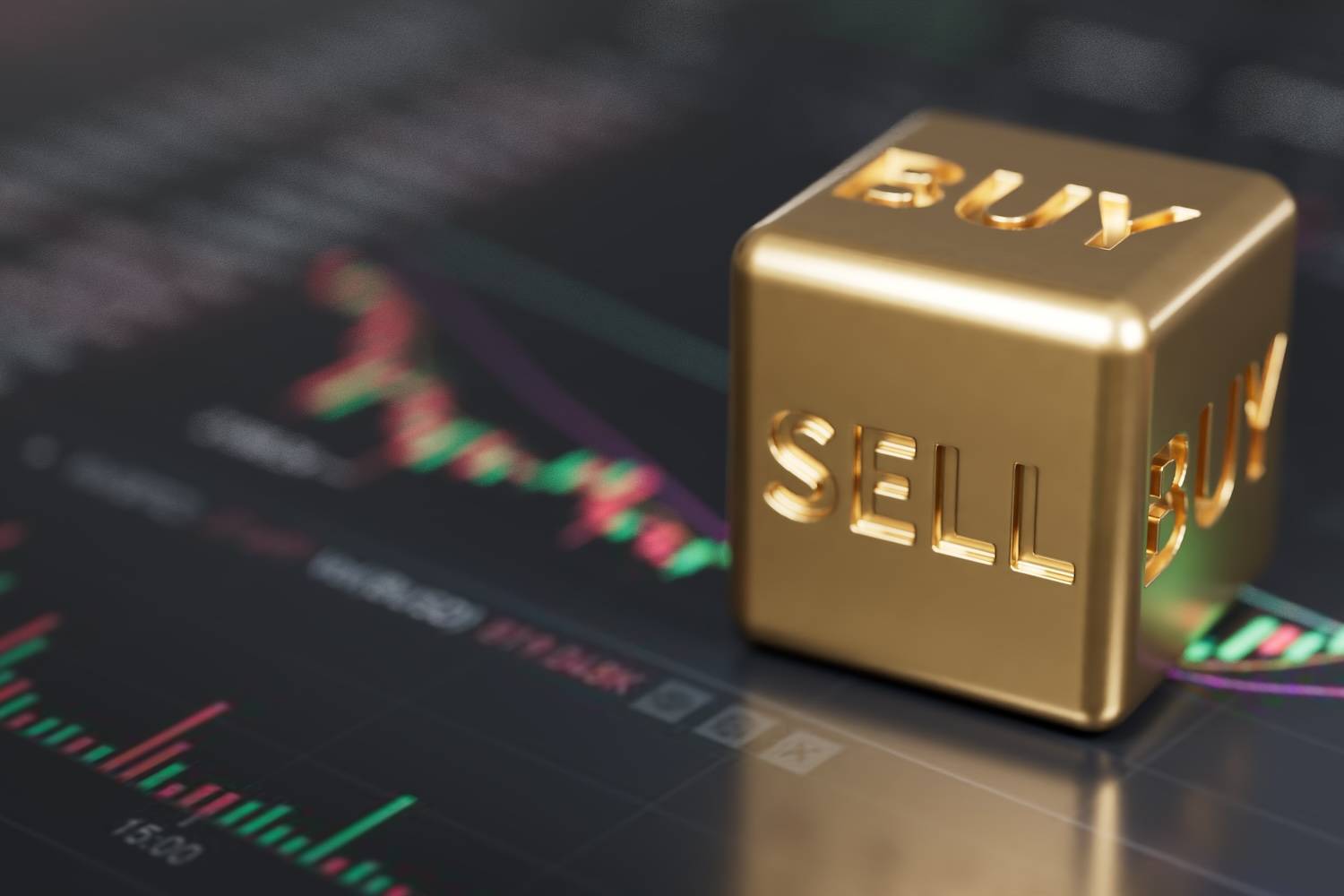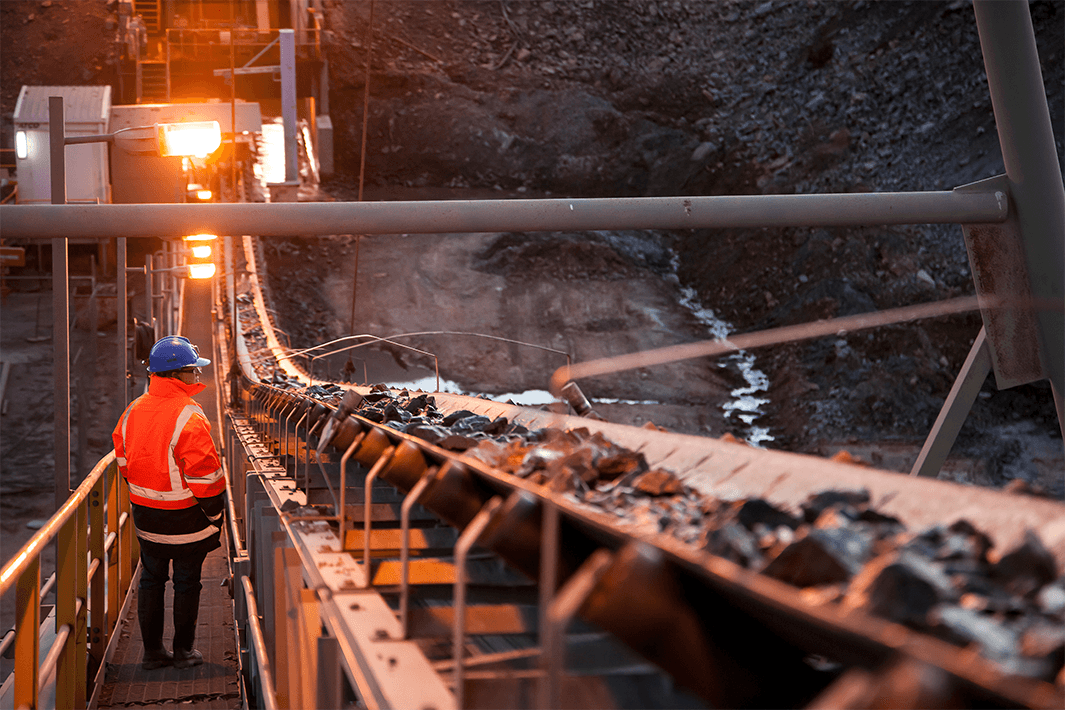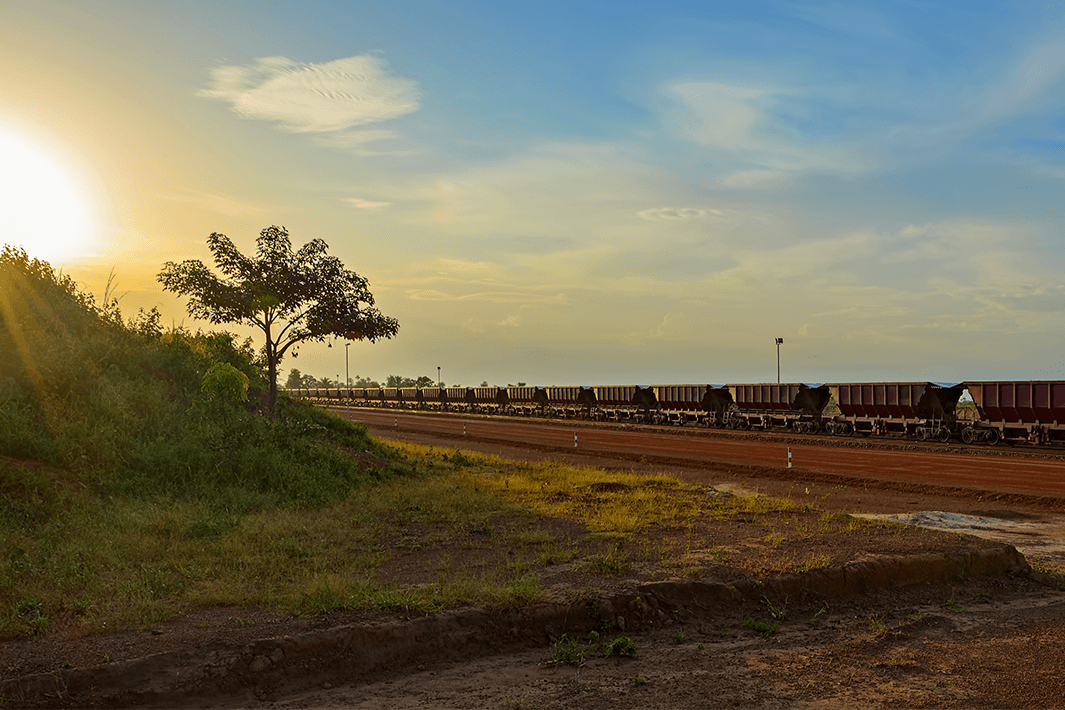
- WORLD EDITIONAustraliaNorth AmericaWorld
October 23, 2024
Paves the Way for Lodgement of Substantial Damages Claim
Sarama Resources Ltd. (“Sarama” or the “Company”) (ASX:SRR, TSX- V:SWA) is pleased to advise that it has entered into a Litigation Funding Agreement (“LFA”) with Locke Capital II LLC, an arm’s length party that specializes in providing funding for dispute resolution (the “Funder”) to commence international arbitration proceedings in relation to its investment dispute (the “Dispute”) with the Government of Burkina Faso (the “Government”).
The Dispute pertains to the illegal withdrawal of the Company’s rights to the Tankoro 2 Exploration Permit (the “Permit”) (refer news release 5 September 2023). The Permit covered the Tankoro Deposit which was the focal point of the Company’s Sanutura Project (the “Project”) which featured a multi-million ounce gold resource.
Litigation Funding Agreement
The LFA provides a four-year non-recourse loan facility (“Facility”) of US$4.4 million to the Company to cover all fees and expenses related to its Claim to Arbitration (the “Claim”).
Security of the Facility is limited to the Claim, associated potential proceeds and all benefits arising from the property and assets of the subsidiary companies comprising the ownership chain (the “Chain”) pertaining to the Project (refer Annual Information Form, 2 April 2024). The Facility has been structured to enable the Company to continue to operate and consolidate its business outside the Chain without encumbrance or lien from the LFA.
All monies advanced through the Facility are non-recourse and repayable only in the event of a successful Claim or settlement of the Dispute that results in the receipt of Proceeds (“Proceeds”) by the Company or in the event of a default by Sarama under the LFA. In the event of the occurrence of a material adverse change under the LFA, the Funder shall be entitled to recover only those funds which were advanced but remain unspent. The Funder’s return is directly tied to the successful award and settlement of the Claim, with the total amount payable being a function of time and total Proceeds receipted. The priorities for distribution of receipted Proceeds are set out in the LFA and where commercially and legally sensitive, shall remain confidential.
If there is no settlement or award (or no default by Sarama under the LFA), the Company does not have an obligation to repay the loan. A detailed budget has been approved as part of the LFA, which covers all expected legal and ancillary costs associated with the arbitration process.
Plans for Arbitration
On 29 November 2023, the Company issued a Notice of Intent to Submit Claims to Arbitration under a bilateral investment treaty between Canada and Burkina Faso. The Government of Burkina Faso did not respond substantively to the Company’s efforts to reach an amicable resolution of the dispute. With funding to support legal costs secured, the Company is now preparing to lodge a Request for Arbitration with the World Bank’s International Centre for Settlement of Investment Disputes (“ICSID”). The Company will seek full compensation for the loss suffered which may include, but will not be limited to, the value of the Permit, the value of the Company’s historic investments in the Project, the value of the Project at the time the Permit was withdrawn and damages the Company has suffered as a direct result of the Government’s actions. The Project hosted a multi-million-ounce gold resource which was the subject of a substantially complete Preliminary Economic Assessment and fast-tracked development study at the time of the Government’s illegal actions.
The Company has engaged Boies Schiller Flexner (UK) LLP (“BSF”), a leading international law firm, to assist with legal matters pertaining to the dispute (refer news release 17 October 2023). BSF is an internationally recognised dispute resolution law firm with extensive experience representing investors in international investment arbitrations in the mining and natural resources sectors worldwide.
Background to Claim
On 31 August 2023, the Company received notification from the Minister of Energy, Mines and Quarries of Burkina Faso (the “Minister”) that the Company’s application for the Permit, received in August 2021 and granted to Sarama in November 2021 had been purportedly “rejected”, even though the previous Minister had approved the Permit in accordance with the applicable laws nearly two years prior.
On 6 September 2023, during his public presentation at the Africa Down Under Mining Conference in Perth, the Minister, Simon-Pierre Boussim, stated that the Permit was available for purchase. Based on the notification from the Minister and his subsequent actions, the Company was forced to interpret the Minister’s letter of 25 August 2023 as withdrawing the Company’s rights to the Permit. The Minister did not respond to subsequent correspondence from the Company on the matter.
The unlawful withdrawal of the Permit by the Minister, resulting in the removal of the rights to the land conferred thereunder, has rendered the Project valueless to Sarama, consequently destroying the value of the Company’s investment in the Project.
Sarama’s President, CEO & MD, Andrew Dinning, commented:
“The establishment of a non-recourse funding facility to cover all expenses related to the Company’s arbitration case represents a major step forward in its pursuit of redress for the substantial damages suffered as a result of the Government of Burkina Faso’s illegal actions.
Sarama’s legal representatives, Boies Schiller Flexner, are highly experienced and have a very successful track record in international investment disputes, including an arbitration claim brought by Indiana Resources (ASX:IDA) against Tanzania which saw the company recently receive the first tranche of a US$90M settlement.
The Company will now proceed with filing a Request for Arbitration and intends to prosecute its case to the fullest extent possible.”
Click here for the full ASX Release
This article includes content from Sarama Resources, licensed for the purpose of publishing on Investing News Australia. This article does not constitute financial product advice. It is your responsibility to perform proper due diligence before acting upon any information provided here. Please refer to our full disclaimer here.
SRR:AU

Sign up to get your FREE
Sarama Resources Investor Kit
and hear about exciting investment opportunities.
- Corporate info
- Insights
- Growth strategies
- Upcoming projects
GET YOUR FREE INVESTOR KIT
The Conversation (0)
04 November 2025
Sarama Resources
Promising new gold projects in Western Australia, plus a large fully funded arbitration claim.
Promising new gold projects in Western Australia, plus a large fully funded arbitration claim. Keep Reading...
14 August 2025
Q2 2025 Interim Financial Statements
Sarama Resources (SRR:AU) has announced Q2 2025 Interim Financial StatementsDownload the PDF here. Keep Reading...
04 August 2025
Sarama Provides Update on Arbitration Proceedings
Sarama Resources (SRR:AU) has announced Sarama Provides Update on Arbitration ProceedingsDownload the PDF here. Keep Reading...
09 July 2025
Completion of Tranche 1 Equity Placement & Cleansing Notice
Sarama Resources (SRR:AU) has announced Completion of Tranche 1 Equity Placement & Cleansing NoticeDownload the PDF here. Keep Reading...
29 June 2025
A$2.7m Equity Placement to Fund Laverton Drilling Campaign
Sarama Resources (SRR:AU) has announced A$2.7m Equity Placement to Fund Laverton Drilling CampaignDownload the PDF here. Keep Reading...
25 June 2025
Trading Halt
Sarama Resources (SRR:AU) has announced Trading HaltDownload the PDF here. Keep Reading...
12h
Investor Presentation
Aurum Resources (AUE:AU) has announced Investor PresentationDownload the PDF here. Keep Reading...
13h
Dr. Adam Trexler: Physical Gold Market Broken, Crisis Unfolding Now
Dr. Adam Trexler, founder and president of Valaurum, shares his thoughts on gold, identifying a key issue he sees developing in the physical market. "There's a crisis in the physical gold market," he said, explaining that sector participants need to figure out how to serve investors who want to... Keep Reading...
13h
Trevor Hall: Bull Markets Don’t Always Mean Big Returns
Clear Commodity Network CEO and Mining Stock Daily host Trevor Hall opened his talk at the Vancouver Resource Investment Conference (VRIC) with a strong message: It is still possible to go broke in a bull market.“I want to start with the simple but uncomfortable truth: most investors don't lose... Keep Reading...
14h
How Near-term Production is Changing the Junior Gold Exploration Model
Junior gold companies have traditionally been defined by exploration: identifying prospective ground, drilling to delineate a resource and, ideally, monetising that discovery through a sale or joint venture with a larger producer. While this model has delivered success in the past, changing... Keep Reading...
14h
Gold Exploration in Guinea: An Emerging Opportunity in West Africa
While much of West Africa’s gold exploration spotlight has historically fallen on countries like Ghana and Mali, Guinea is increasingly emerging as a quiet outlier — a country with proven gold endowment, expansive underexplored terrain and a growing number of active exploration programs. Despite... Keep Reading...
09 February
Armory Mining To Conduct a Series of Airborne Geophysics Surveys at the Ammo Gold-Antimony Project
(TheNewswire) Vancouver, B.C. TheNewswire - February 9, 2026 Armory Mining Corp. (CSE: ARMY) (OTC: RMRYF) (FRA: 2JS) (the "Company" or "Armory") a resource exploration company focused on the discovery and development of minerals critical to the energy, security and defense sectors, is pleased to... Keep Reading...
Latest News

Sign up to get your FREE
Sarama Resources Investor Kit
and hear about exciting investment opportunities.
- Corporate info
- Insights
- Growth strategies
- Upcoming projects
GET YOUR FREE INVESTOR KIT
Interactive Chart
Latest Press Releases
Related News
TOP STOCKS
American Battery4.030.24
Aion Therapeutic0.10-0.01
Cybin Corp2.140.00







